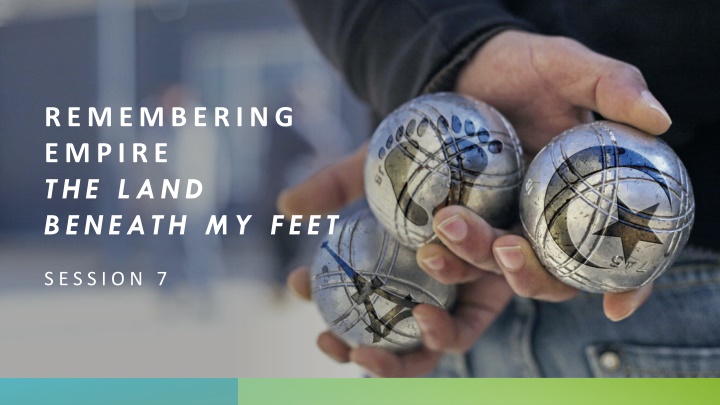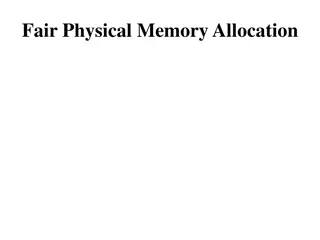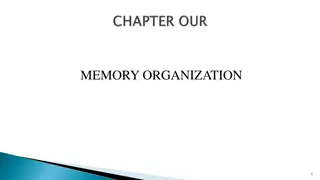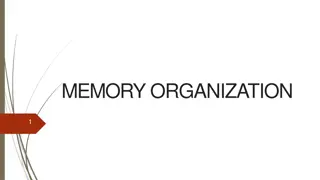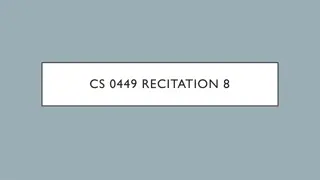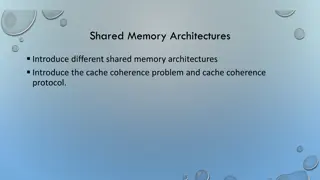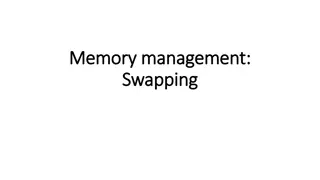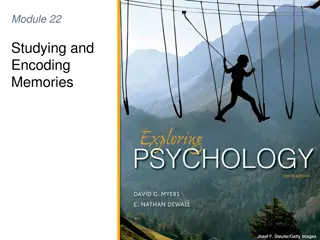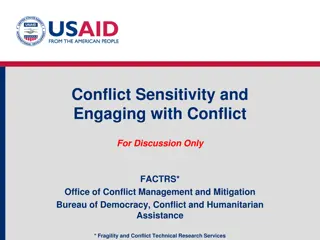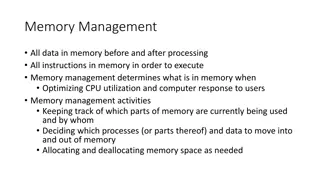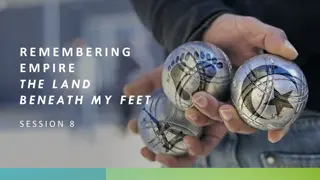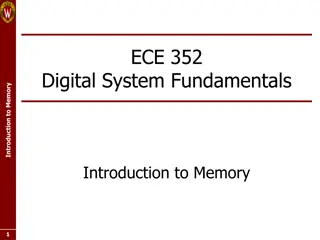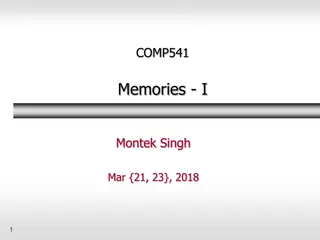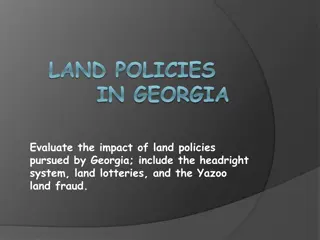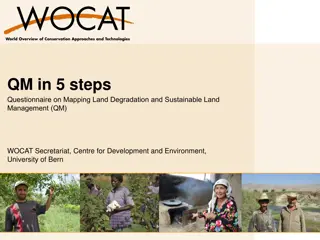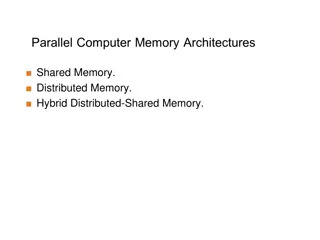Themes of Conflict and Memory in 'The Land Beneath My Feet'
This session focuses on discussing themes of conflict, memory, home, and belonging in the play "The Land Beneath My Feet." Characters analyze the significance of phrases like "I have understood you" and reference historical figures like Charles de Gaulle and Albert Camus. Dive into the complexities of identity and history within the context of colonialism and war.
Download Presentation

Please find below an Image/Link to download the presentation.
The content on the website is provided AS IS for your information and personal use only. It may not be sold, licensed, or shared on other websites without obtaining consent from the author.If you encounter any issues during the download, it is possible that the publisher has removed the file from their server.
You are allowed to download the files provided on this website for personal or commercial use, subject to the condition that they are used lawfully. All files are the property of their respective owners.
The content on the website is provided AS IS for your information and personal use only. It may not be sold, licensed, or shared on other websites without obtaining consent from the author.
E N D
Presentation Transcript
REMEMBERING EMPIRE THE LAND BENEATH MY FEET S E S S I O N 7
THE LAND BENEATH MY FEET This session Pages 12-21 of the printed version of the play Discussing themes of conflict, memory, home , and belonging Online Sections: 2. Camus, Pagnol and Mouloud (until They carry on playing.) 3. M Blanc s father and his suicide (until He s right, let's play! A pause.) 4. Loule s communist father (until After all that time, Z , they didn't wanna be French any more.)
I HAVE UNDERSTOOD YOU! Monsieur Blanc Well, I think I have understood you. Z What? Read: page 12/ section 1, from Monsieur Blanc throws again and loses the point once more to the end of the page. A pause. Monsieur Blanc (embarrassed, referring to Z 's accent) Er... I... I have understood you... Z Aha, he s aving a laugh! Monsieur Blanc Not at all. Z (imitating General de Gaulle) I have understood you! And three years later, we all ad to clear out. What does M Blanc mean when he says 'I have understood you'? What do the other characters understand by it? Why? Monsieur Blanc I'm terribly sorry, I d forgotten about... Yaya The old man certainly screwed you over there.
E X C E R P T F O C U S : I H AV E U N D E R S T O O D Y O U ! What does M Blanc mean when he says 'I have understood you ? M Blanc is simply trying to empathise with Z , saying that he understands what he has been through. What do the other characters understand by it? Why? The others focus on the wording of I have understood you , as it echoes the words of Charles de Gaulle, President of France in 1958.
G N R A L C H A R L E S D E G A U L L E Charles de Gaulle was the hero of World War Two, who led the Free French campaign against the Nazi occupiers of France. He led France between 1944 and 1946. In May 1958 he was brought back to power as President of the French Republic to resolve the Algerian War. He had the support of the French settlers in Algeria. On 4 June 1958 he visited Algiers and made a speech to the assembled crowd, beginning with the words 'Je vous ai compris!' (I have understood you!) The words were ambiguous: the settlers believed that he supported their aim of keeping Algeria French, and felt bitterly betrayed when his policy of self-determination for Algeria became clear.
EXCERPT FOCUS : ALBERT CAMUS Read: p. 14 Z Algiers, yes, but not Bab-El-Oued. I'm from Belcourt, my friend. Belcourt, Algiers! (then, to show off) And just around the corner from Camus imself! Monsieur Blanc Albert Camus? Z (proudly) Yes sir. We discussed extracts from Camus' writings in our sessions on 'Settling Algeria' and 'Colonial Society'. What do you remember about him? Why might the characters reference him?
ALBERT CAMUS Camus was a writer, philosopher and intellectual who was born in the Belcourt neighbourhood of Algiers in 1913. He won the Nobel Prize for Literature in 1957, shortly before his death in a car crash in 1960. Camus was born into a poor settler family: his father was killed in World War One when Camus was only a year old, and his mother was a cleaner who had hearing difficulties and had never learned to read. In 'Settling Algeria' we looked at his description of the pioneers who left Paris to start new lives in Algeria, and who died in large numbers. In 'Colonial Society' we saw that he blamed French government policy for the suffering of Arabs and settlers.
EXCERPT FOCUS : ALBERT CAMUS Read: from the bottom of p. 14 until p. 16 'the game continues' / Section 2. Yaya (pensive) Camus... The man who held his peace. Z The man who rests in peace, you mean? (then to Monsieur Blanc) Yep. Died in a car accident...(sighs)... 4 January 1960, in Sens, near Paris, damn tree smashed his car to pieces. Poor Albert, dead on the spot. Yaya (to Monsieur Blanc) No, I meant he held his peace about his country. Not because of a tree trunk. What is the confusion in this excerpt?
EXCERPT FOCUS : ALBERT CAMUS Despite his background as a French settler, Camus was concerned about the inequalities that he saw in colonial society in Algeria. Camus, although he abhorred the violence of war, could never bring himself to abandon the settler cause. Although fiercely critical of the colonial system, he could not imagine an Algeria that was not French or was without its settler community. When his attempts to broker a truce between the warring sides failed, he withdrew into silence (he held his peace), fearing that whatever he said might inflame the situation. He later died in a car accident (he rested in peace). From this, Chuyen produces the play on words holding /resting in peace'.
EXCERPT FOCUS: TOUS DES FRANAIS Read: to the end of page 16 / section 2 Focus: Monsieur Blanc It wasn't a war. Loule (exasperated) Bloody hell ! Yaya Eight years of fighting, 500,00 dead, thousands of disappeared, a million repatriated. What would you call it? Z (sarcastically) Events ? Monsieur Blanc We were all French. Why would M. Blanc state that it was not a war? To what extent is M. Blanc s comment We were all French true? Why would he insist this?
EXCERPT FOCUS: WE WERE ALL FRENCH Why would M. Blanc state that it was not a war? M. Blanc naively asserts that it can t have been a war as everyone was French. To what extent is M. Blanc s comment We were all French true? Why would he insist this? Technically, Algeria was part of France at that time. However, the rights and responsibilities of the Arabs and Berbers were very different from the settlers. In practice, the Arabs and Berbers were French subjects and were systematically oppressed by the settlers, who were French citizens with many more rights. It is uncomfortable for M. Blanc to acknowledge this as a Frenchman.
EXCERPT FOCUS : M BRUN / PAGNOL Read: p. 16 until p. 17, Yaya steps forward to throw . Loule Oh no! Not you too, Monsieur Brun! Monsieur Blanc (a little irritated) Monsieur Blanc! Once and for all, my name is Monsieur Blanc! Why does Loule keep calling Monsieur Blanc Monsieur Brun ? Monsieur Brun is a character of the same name who appears in Marcel Pagnol s 1929 play, Marius. Pagnol is famous for his literary depictions of the rural French region of Provence. M. Brun is a young customs officer who is an urban outsider in Provence because he is originally from Lyon. Why, then, do you think Loule calls M. Blanc M. Brun?
EXCERPT FOCUS : M. BRUN / PAGNOL Why do you think Loule calls M. Blanc M. Brun? Loule is mocking M. Blanc. He is implying that, like Monsieur Brun, M. Blanc is an urban outsider who has come to Provence. It hints at their class difference as much as the difference in their hometowns.
GROUP WORK : THE FATHERS Read in groups: pp. 18-21, from 'They carry on playing' to Loule saying 'Lovely, right?' / section 3-4 Read then summarise pages 18-21 in your group, with particular reference to fathers of the characters. Discuss: How do family histories impact the characters' understanding of the past? How does what we learn about Loule s father reflect a national internal conflict?
FATHERS How do family histories impact the characters' understanding of the past? The characters base their understandings and interpretations of the past on the experiences of their own families, particularly their fathers. p. 18: M. Blanc has sympathy for the French soldiers in Algeria, despite their crimes, as his father was one before committing suicide. pp. 20-21: Loule wants the others to recognise how his family have been victims, focusing on how his Provencal father was motivated by his Communist beliefs to donate and transport money for arms that would kill French soldiers. How does what we learn about Loule s father reflect a national internal conflict? From his story, we learn that not all French were supportive of the war, some even sending money to Frenchmen. It reflects a national conflict between citizens and ideologies.
THE RIGHT SIDE OF HISTORY Focus: The end of p. 21 / section 4 Monsieur Blanc Acting in the name of one's ideals, that seems quite incredible nowadays. You should be proud of him, that he had the courage to do what he did. And he was proved right in the end, wasn't he? Algeria got its independence. He was on the right side of history. Z The right side of istory? That doesn't mean a thing! istory always gets written afterwards, Monsieur Blanc. If someone at the time ad the balls to say that Algeria should stay French, then it would have stayed French! And then that would ve been the right side of istory, you see? Discuss: What are the two visions of History presented here and which do you agree with?
THE RIGHT SIDE OF HISTORY M. Blanc's vision of History has much in common with Martin Luther King who campaigned for Black civil rights in America. He famously said, 'The arc of the moral universe is long, but it bends towards justice'. By this he meant that although progress is not constant, overall the world becomes a better and more just place over time. M. Blanc sees independence for Algeria as inevitable; it is part of that move towards justice. Z objects to this view. He argues that we make sense of events by looking back with the benefit of hindsight. Events look inevitable once they have happened; before that anything is possible. Therefore, if people/men had decided that Algeria should stay French, then it would have remained part of France and that would have been the natural course of events, or 'the right side of history'.
READING GUIDE Using your worksheets, update the reading guideon the play. Discuss what you can include with a partner or a group then share your ideas.
CHARACTER PROFILES Using your activity worksheets, update your character profiles based on what you have learnt this week. Discuss what you can include with a partner or a group then share your ideas.
